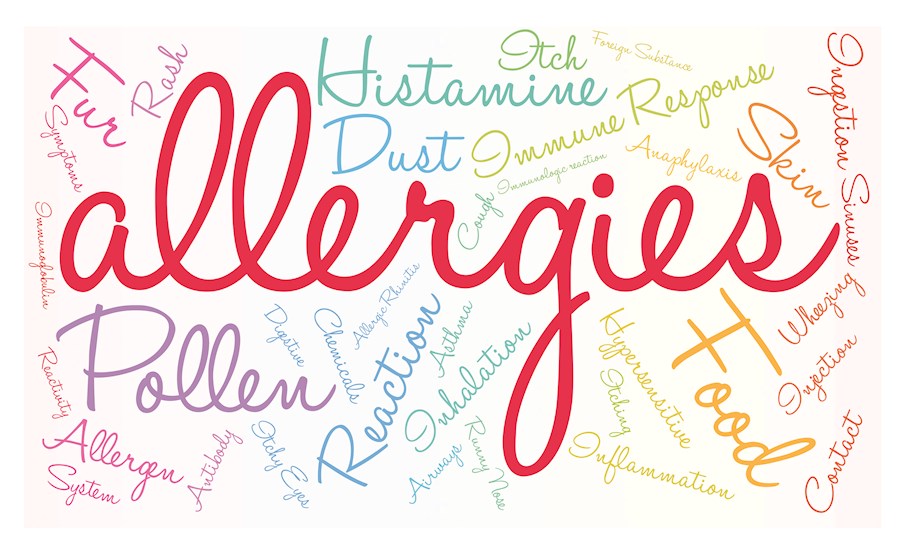
MANAGEMENT OF ALLERGIC REACTIONS IN THE SCHOOL SETTING/SCHOOL AGE
CHILD CARE: ADMINISTERING EPINEPHRINE AUTO-INJECTOR
- Epinephrine may be given in school, during school-sponsored activities, or during School Age Child Care (SACC) hours with the health care provider and parent/guardian signed Food Allergy and Anaphylaxis Emergency Care Plan (FAAECP) (Attachment II). Parents/guardians are also required to complete the Student Allergy History Form (Attachment I).
- Epinephrine administration training is offered by the school nurse to all staff members at the beginning of every school year and as needed throughout the school year. A minimum of three staff members designated by the building principal, excluding the school nurse will serve as epinephrine administration trained staff.
- Parents/guardians must notify the teacher/sponsor about the child's allergy when the student will be staying for any school-sponsored after school activities. The clinic is closed after dismissal and the nurse/health clinic assistant is not in the building. It is strongly suggested that middle and high school students carry their own auto-injector for quick access to epinephrine. For students to carry an epinephrine auto-injector, the health care provider, parent/guardian, and student are required to sign and date the Permission for Student to Carry and/or Self Administer Epinephrine form (Attachment IV). The Department of Social Services licensing does not allow students in SACC to self-carry or self-administer epinephrine. Parents/guardians will be notified prior to child's enrollment in SACC.
- Any school staff member or Child Care Contractor (CCC) may, without prejudice, decline to accept responsibility for administering the epinephrine medication to the student.
- The Parent/Guardian Request for Administration of Medication for Allergic Reactions form (Attachment III) shall be completed and signed prior to administration of medication by any Prince William County Public Schools (PWCS) or CCC employee.
- A copy of the completed FAAECP and Severe Allergy Individual Health Care Plan (SAIHCP), will be kept in the school health office. The SAIHCP will be distributed to all essential staff and SACC.
- Parents/guardians shall be responsible for supplying the necessary medication to the school health office as prescribed in the FAAECP, ensuring that the medication has not exceeded the expiration date. The medication must be in the official prescription packaging with pharmacy label. Any over-the-counter medication must be in the original unopened container. Parents/guardians are also responsible for ensuring that medication carried by a student for the purpose of self-carry and self-administration meet these requirements.
- Any person who, in good faith and without compensation, administers medication to an individual for whom epinephrine has been prescribed shall not be liable for any civil damages for acts or omissions resulting from the rendering of such treatment if he/she has reason to believe that the individual receiving the injection is suffering, or is about to suffer, a life-threatening anaphylactic reaction.
- An FAAECP shall be effective for one school/SACC year and must be renewed at the beginning of each school/SACC year and dated after May 1.
- Guidelines for the "Management of Life-Threatening Allergies in Schools and School Age Child Care" was developed to assist PWCS in implementing comprehensive procedures which promote healthy nutrition for all students with emphasis on students with life-threatening food allergies. This document may be found on the Office of Student Services webpage under School Health Services.
PWCS recommend that parents of students diagnosed with a life-threatening allergy meet with the school nurse and school team working with the student to implement an AAP and develop a SAIHCP. PWCS requires that the parent/guardian of a student with a life-threatening food allergy submit an AAP completed and signed by the healthcare provider, parent and the student (if applicable). Contact our school nurse for more information.
